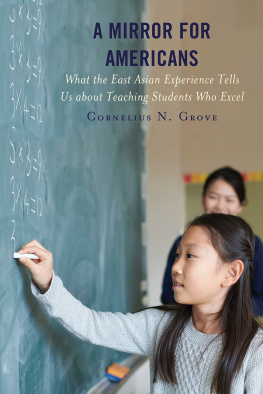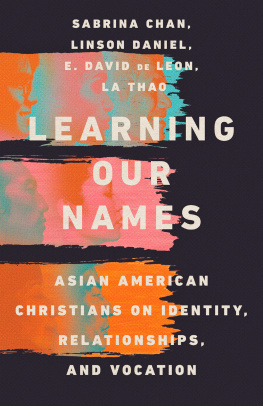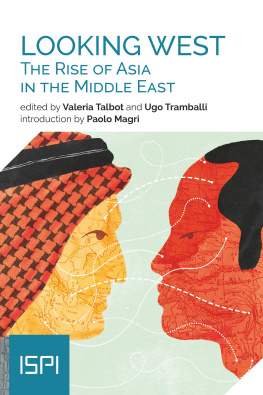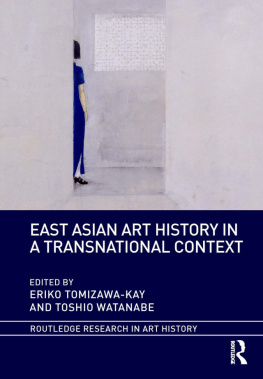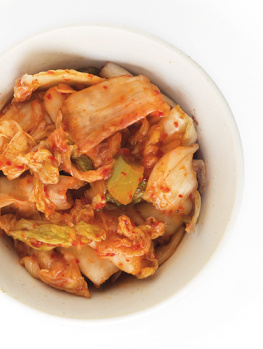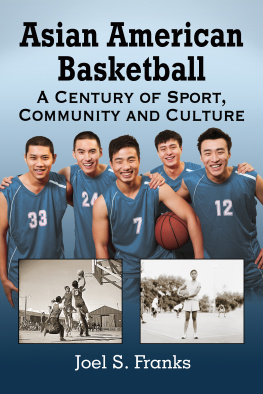
ASIAN AMERICANS
RECONCEPTUALIZING CULTURE,
HISTORY, POLITICS
edited by
FRANKLIN NG
CALIFORNIA STATE UNIVERSITY,
FRESNO
Asian Americans: Reconceptualizing
Culture, History, Politics
Franklin Ng, series editor
The Political Participation of Asian Americans: Voting Behavior in Southern California
Pei-te Lien
The Sikh Diaspora: Tradition and Change in an Immigrant Community
Michael Angelo
Claiming Chinese Identity
Elionne L.W. Belden
Transnational Aspects of Iu-Mien Refugee Identity
Jeffery L. MacDonald
Caring for Cambodian Americans: A Multi-disciplinary Resource for the Helping Professions
Sharon K. Ratliff
Imagining the Filipino American Diaspora: Transnational Relations, Identities, and Communities
Jonathan Y. Okamura
Mothering, Education, and Ethnicity: The Transformation of Japanese American Culture
Susan Matoba Adler
Dynamics of Ethnic Identity: Three Asian American Communities in Philadelphia
Jae-Hyup Lee
The Hmong Refugee Experience in the United States: Crossing the River
Ines Miyares
Beyond Keeaumoku: Koreans, Nationalism, and Local Culture in Hawaii
Brenda L. Kwon
Asian American Culture on Stage: The History of the East West Players
Yuko Kurahashi
ASIAN AMERICAN
CULTURE ON STAGE
THE HISTORY OF THE
EAST WEST PLAYERS
YUKO KURAHASHI
Published by Routledge
270 Madison Ave, New York NY 10016
2 Park Square, Milton Park, Abingdon, Oxon, OX14 4RN
Transferred to Digital Printing 2008
Copyright 1999 Yuko Kurahashi
All rights reserved
Library of Congress Cataloging-in-Publication Data
Kurahashi, Yuko, 1961
Asian American culture on stage : the history of the East
West Players / Yuko Kurahashi.
p. cm. (Asian Americans)
Revision of the authors thesis (Ph.D.)Indiana University, 1996.
Includes bibliographical references and index.
ISBN 0-8153-3147-9 (alk. paper)
1. East West Players (Los Angeles, Calif.)History. 2. Asian American theaterCaliforniaLos AngelesHistory20th century. I. Series.
99-19987
Publishers Note
The publisher has gone to great lengths to ensure the quality of this reprint but points out that some imperfections in the original may be apparent
To my mother and father
Contents
Playwriting Contests and the Emergence of Asian American Playwrights
CHAPTER VIII: New Asian American Playwrights: David Henry Hwang, Velina Hasu Houston, and Philip Kan Gotanda
Foreword
Velina Hasu Houston
In the turbulent 1960s, sociopolitical necessity inspired the spawning of East West Players, the nations oldest and arguably most prestigious Asian American theater company. While there have been improvements in the acceptance and casting of Asian American actors in U.S. theater, film, and television, concerns still remain, both about the portrayal of Asian Americans in non-stereotypical ways and also about the desire to see Asian American actors portraying non-traditional roles so that they can be represented beyond solely ethnicity and race. These non-traditional roles are roles that are not race-specific, such as lawyers, doctors, farmers, laborers, artists, architects, therapists, etc.whatever the part may call for in the suspension of disbelief that is, after all, at the heart of entertainment. Of course, nothing about such roles seems non-traditional to me with regard to Asian Americans actors, except that they have not traditionally been cast in those roles for reasons usually stemming from phenotypical differences judged in the context of overt or insidious racism.
As we step into a new century, the representations of Asian American life in theater, film, and television have grown and we also have seen Asian American actors portraying many of those non-traditional roles that historically eluded them. I acknowledge and celebrate this reality. Yet, for every three such actors who have been fortunate enough to experience these changes, there still seems to be another three hundred who have not, many of them very talented performers. (While I know the arts are challenging and the same can be said for European American actors, the state of race in the U.S. today places the actor of color at an even greater disadvantage.) European American critics like to challenge the perception of the marginalization of Asian American actors because, when they do their armchair database searches and wield their statistics, they can find around thirty Asian American theaters in existence. Their statistics, however, do nothing to diminish the perception of lack. On the contrary, such statistics bolster that perception.
Thirty years after the formation of East West Players, sociopolitical necessity remains a significant reason for nurturing and sustaining viable Asian American theaters, not as a complement or alternative to mainstream theater, but as the only true means of genuinely representing certain images of American life that most mainstream U.S. theaters cannot or do not represent. Life in these United States is growing increasingly more diverse and so it behooves the theater of these United States to present a theater rich in the diversity of its audience. East West Players and the other Asian American theaters are working in the trenches to contribute to that panorama.
Mako Iwamatsus sage intuitions, Nobu McCarthys grace, and now Timothy Dangs elegance and fortitude all have lent their power to the long journey that has brought East West Players full circle, back to its roots of being a theater dedicated to presenting Asian American acting talent in diverse roles. While in its nascent stages East West Players focused on Japanese and European drama, perhaps because there were few Asian American plays, today its focus is on contemporary European American theater, including many musicals, that allow Asian Americans to be seen portraying a wide spectrum of roles, thus allowing them to display the broad capacity of their talents. Examples of the theaters artistic focus are Henrik Ibsens Hedda Gabler and Stephen Sondheims A Chorus Line. In so doing, East West Players does more than showcase Asian American talent. It also succeeds in educating the public to just how diverse Asian Americans areincluding the fact that, more often than not, they are just like everybody else: human beings struggling to make sense of, and carve meaning out of, an earthly existence that can be simultaneously confounding, comforting, funny, tragic, terrifying, and beautiful.
East West Players is more than just an artistic, educational, and spiritual sanctuary for the Asian American actor. It has matured into an American theater of note at which everyone from the novice Asian American actor to the seasoned one can come to participate in interesting theater that allows them to exercise their artistic muscles beyond playing the waitress, bus boy, or news reporter in Hollywoods latest blockbuster and, in turn, allows the sociopolitical perceptions of what it is to be Asian American shift upwards and expand. This growth on the part of East West Players may bode well for its future when we reach that state of existence in the U.S. where race truly does not matter anymore, that state of existence that many European Americans have the luxury of thinking already is our status quo. While East West Players focus has shifted away from frequent production of new Asian American plays (although it still does produce them and encourages new writers via its David Henry Hwang writing program), it has refocused its energies on the theaters original mission: to present Asian American actors in meaningful roles in standard (European) American plays and musicals, and, in so doing, aid in improving societys perception of Asian American identity and culture via visual representation, thereby helping to erode racial stereotypes.



